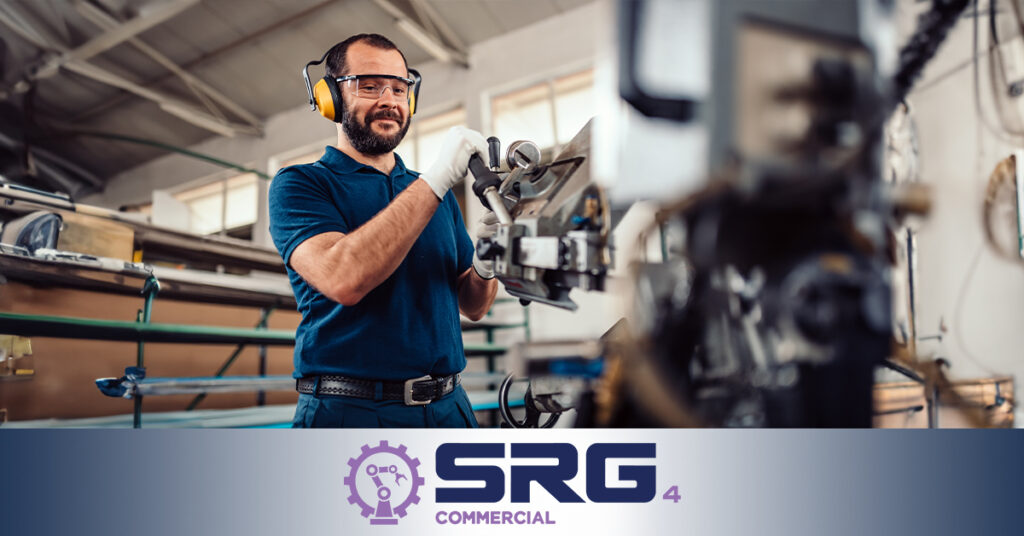Manufacturing stands at the brink of a transformative era driven by rapid technological advancements, a growing emphasis on sustainability, and shifting market demands. As the sector evolves, staying informed about these changes is crucial for professionals aiming to remain competitive and seize new opportunities. Here’s what you need to know.
Emerging Trends and Technologies in Manufacturing
The manufacturing industry is experiencing a technological revolution with the rise of Industry 4.0. This new era integrates advanced technologies like artificial intelligence (AI), the Internet of Things (IoT), and robotics into manufacturing processes.
AI enhances predictive maintenance, optimizing equipment efficiency and reducing downtime. IoT connects devices, enabling real-time data collection and analysis for smarter decision-making. Robotics and automation streamline processes, increasing precision and productivity. Additionally, additive manufacturing, or 3D printing, transforms prototyping and production, allowing for more complex and customized designs.
These technologies collectively push the boundaries of what is possible in manufacturing, paving the way for more intelligent, efficient operations.
Sustainability Initiatives Shaping the Future of Manufacturing
Sustainability has become a central focus in manufacturing, driven by regulatory pressures and consumer demand for eco-friendly products. Companies are adopting green manufacturing practices to reduce environmental impact and enhance operational efficiency. This includes using renewable energy sources, such as solar and wind power, to run factories. Waste reduction initiatives – like recycling programs and strategies for reusing materials – are also gaining traction.
Additionally, sustainable supply chain management ensures that every production stage adheres to environmental standards. Implementing these initiatives not only benefits the planet but also boosts a company’s reputation and competitiveness.
Adapting to New Market Demands in Manufacturing
The manufacturing industry must continually adapt to shifting market demands to stay relevant. Consumer preferences are rapidly changing, with a growing demand for personalized, high-quality products.
To meet these expectations, manufacturers are investing in flexible production systems that allow for customization without compromising efficiency. The rise of e-commerce has also altered distribution models, requiring manufacturers to adapt to faster delivery schedules and smaller batch production.
Finally, global trade dynamics and supply chain disruptions necessitate resilient and adaptable manufacturing strategies. As a result, staying agile and responsive to market changes is essential for long-term success in the manufacturing sector.
Career Opportunities in the Evolving Manufacturing Landscape
As the manufacturing industry transforms, numerous career opportunities are emerging for skilled professionals. Expertise in advanced technologies like AI, IoT, and robotics is increasingly valuable, and roles such as automation engineers, data analysts, and AI specialists are in high demand.
Additionally, sustainability initiatives create opportunities for environmental engineers, sustainability coordinators, and supply chain managers focused on green practices. Professionals adept at navigating market changes, such as logistics managers and production planners, will also find ample opportunities.
The industry’s evolution presents both challenges and opportunities, making it an exciting and dynamic field for those prepared to embrace change and innovation. By understanding and adapting to emerging trends, sustainability initiatives, and market demands, professionals can thrive in the future of manufacturing. If you’re searching for a new commercial job, the Staffing Resource Group can help. Apply Today and SuRGe your career forward.



